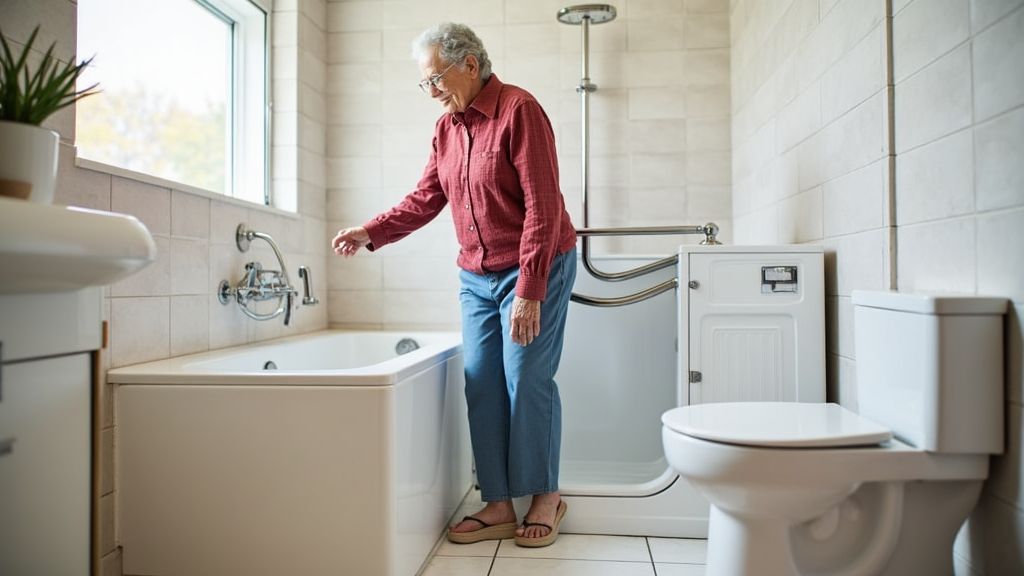Navigating the complexities of healthcare coverage can be as daunting as the prospect of a slippery bathroom floor. For seniors seeking safer bathing solutions, understanding how Medicare interacts with walk-in tubs might just be the lifeline needed. Here we delve into how these modern marvels fit within Medicare's coverage possibilities.

The Allure of Walk-In Tubs: A Safe Haven
Imagine a peaceful sanctuary where stepping into a bath is no longer an obstacle. Walk-in tubs promise this dream, offering not just comfort but crucial safety features for those facing mobility challenges. With slip-resistant floors and easy-access doors, they are a beacon of independence for many seniors. But, as with most innovations, they come with a price tag that might necessitate assistance.
Breaking Down Medicare Coverage
Enter Jane Mitchell, a 72-year-old retiree who found herself tangled in the web of Medicare regulations. "I thought my new tub would be completely covered," she confided, a touch of exasperation in her voice. Unfortunately, Medicare doesn't always foot the bill for walk-in tubs, categorizing them as 'luxuries' or 'home modifications' rather than medical necessities.
Medicare’s Stance Explained
Medicare Part A and Part B, responsible for hospital and outpatient care, don't generally extend to home modifications like walk-in tubs. However, Medicare Advantage Plans, sometimes called Part C, might offer a glimmer of hope. Alexander Brown, a healthcare policy analyst, explains, "These plans often provide more flexibility, potentially covering upgrades that promote safety — but it's crucial to read the fine print."
Navigating the Approval Process
The path to getting assistance from Medicare isn’t straightforward. It involves significant documentation and a well-defined 'medical necessity' case. Consultations with healthcare providers are critical to delineate why a walk-in tub is vital for daily living activities. Linda Clarke, a seasoned Medicare consultant, advises, "Persistence and detailed justification are your best allies when seeking approval."
Alternative Pathways to Funding
For those unable to secure Medicare coverage, alternative funding options may provide a lifeline. Veterans' assistance programs, grants for aging in place, and even specific state programs can offer financial respite. Martin Greenberg, a financial advisor specializing in senior care, suggests, "Exploring multiple avenues is key. Often, bundling various small aids can cumulatively fund these essential modifications."